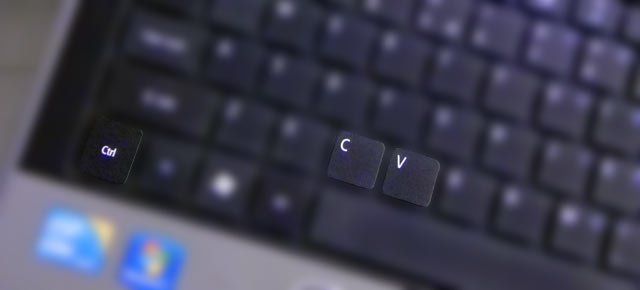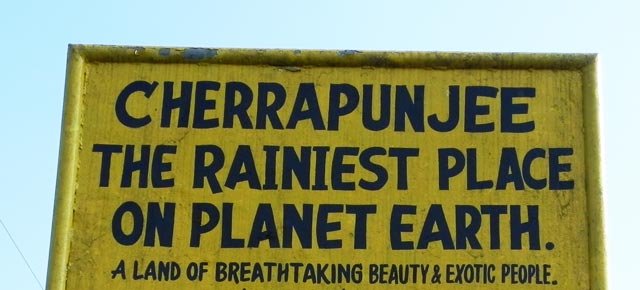For a plagiarised paragraph, Fareed Zakaria was suspended by Time and CNN. A journalist of repute, Zakaria accepted that he “made a terrible mistake” and apologised “unreservedly”.
In India there have also been a few incidents [1] [2] [3] [4] [5] where journalistic plagiarism stood exposed. But then I haven’t yet heard of any unreserved apology. Only excuses.
In many Indian newsrooms copying content from elsewhere is an accepted practice. No batting of eyelids, only copy and paste (Also Wikipedia is treated as the most credible source. Seasoned journalists are taken by surprise when told that all that there is in Wikipedia isn’t necessarily true.)
Many of us are guilty of inadvertently reproducing content that we might have read/heard elsewhere (this however will never stand as a valid excuse). But deliberate copying happens all the time. We have to constantly reprimand interns and new joinees that content available online isn’t just waiting to be lifted. But there are organisations (or individuals/groups of individuals within) that seem to encourage such activity, even ones of considerable repute.
Here’s an incident from my own experience:
Many years ago, one of my responsibilities included managing the website associated with a television tech show. In the little face-to-face and email interactions I had with the team producing the show (headed by a known name in Indian tech journalism tech show host), I could very well gauge their abilities.
So when I came across a script (I never watched the show, only read the scripts they sent me) on how to secure your home network, I was quite sure that the reporter whose byline accompanied the piece was incapable of putting together such a story. A simple web search revealed that the entire text of the story was ripped off almost verbatim from a website.
I immediately shot off an email, highlighting the fact. But received no response. My boss later assured me that he had a word with the producer of the show and they had promised that they’ll try to be more original. Further investigation revealed that many of the feature stories aired in the past on the show were actually only videographic reproductions of content put together by someone else on some other website and the on-air credits went to some lazy journalist.
Later, when another suspicious script landed in my inbox, I did a cursory check and discovered that the ways hadn’t been mended. Sent a token email, knowing fully well my complaining will not force any change. All that I could ensure in my capacity that none of the copied content was published on the website. Something I continued to do till I quit.
I assume that no action was taken against the journalists, and since the practice continued unabated and the journalists appeared on-air, I can conclude that it was in fact encouraged. “TV mein kisko pata chalta hain?” (Who’ll know on TV?) is the common refrain.
I don’t yet watch the show (in fact I watch very little television), so am not sure if anything has changed. Also TV is hardly the right medium to follow technology.
Since I’ve been a web professional for almost all my career (barring a little stint with a couple of magazines) and being a borderline-recluse, I don’t have many juicy plagiarism stories to share. But I am very sure there are lots. Here’s another personal anecdote:
A few years after I passed out, a friend, visiting the university we had studied in, discovered a dissertation by another journalist-in-the-making (albeit from a different department) that was almost a copy of what I had submitted about three years ago.
That journalist-in-the-making is now perhaps a full-fledged journalist frantically copying content from elsewhere, while her boss looks on approvingly.
PS: That tech website, now run by a different team, nowadays occasionally copies content and ideas from the website I work for. I, for now, am taking it as flattery.





